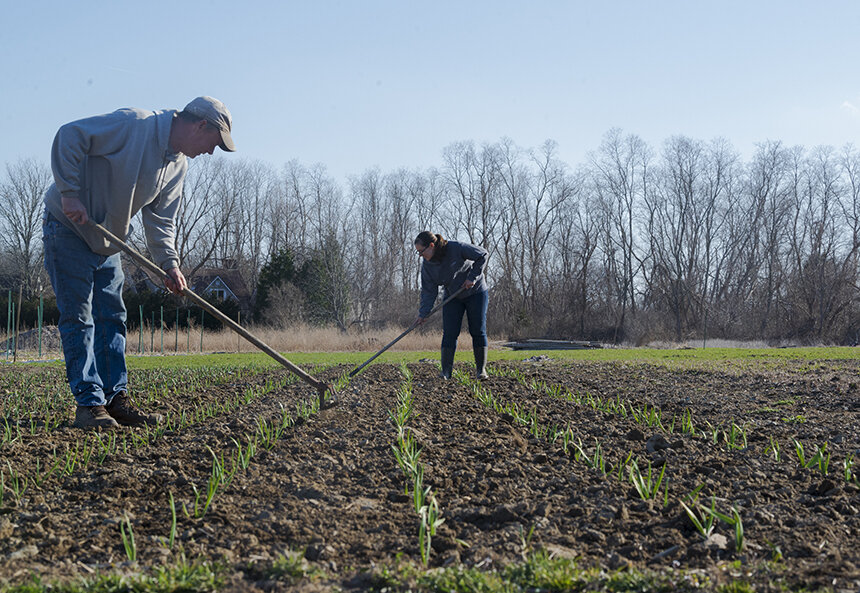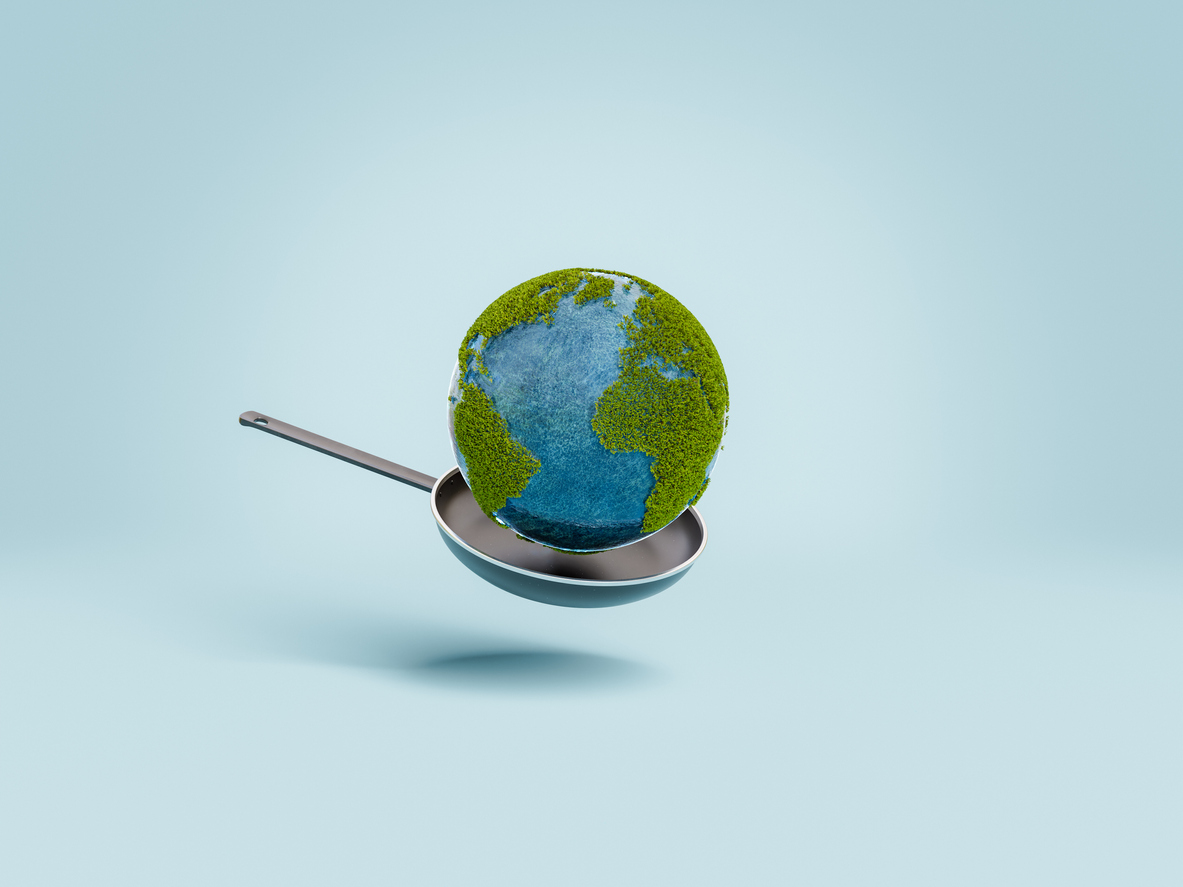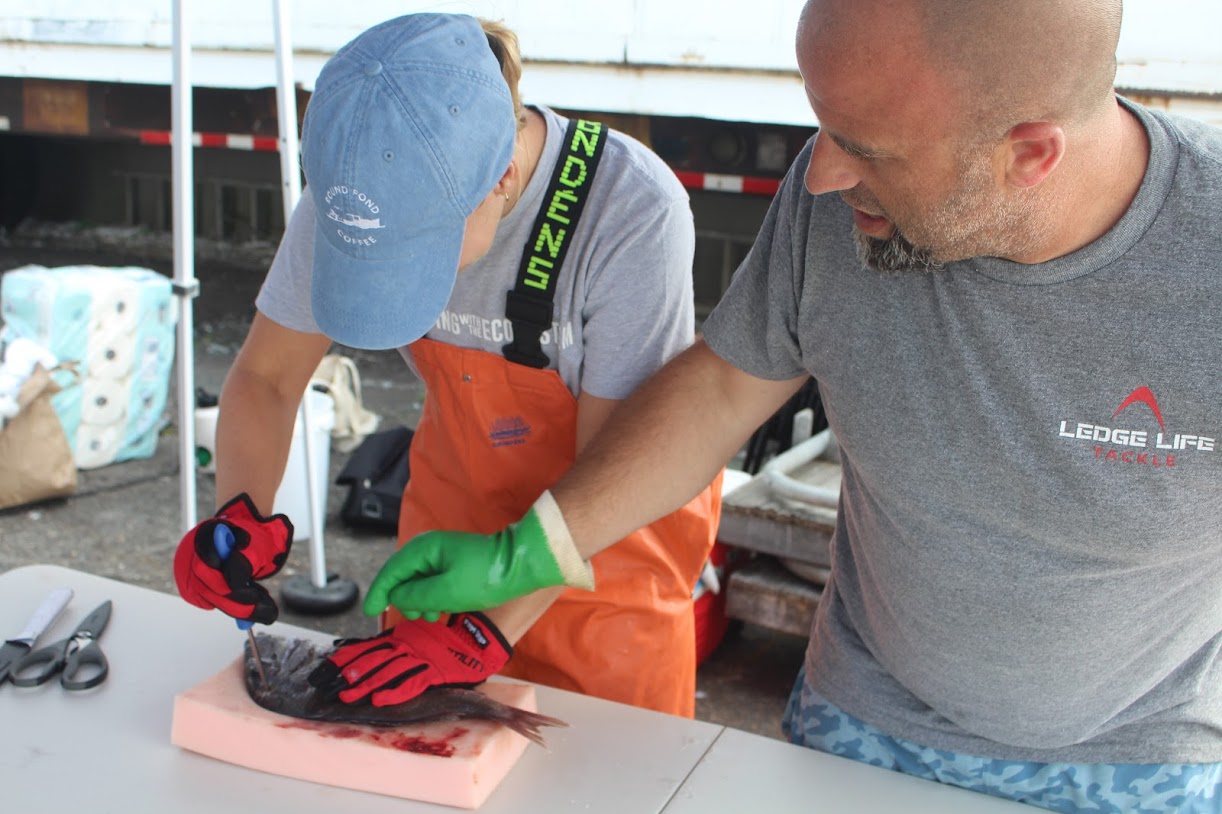Rhode Island Ceases Organic Farming Certification Program
Local farmers seeking organic certification will have to pay money out of pocket to private companies to obtain certification
March 27, 2024
PROVIDENCE — The state of Rhode Island is no longer double-checking the labels on produce grown locally by organic farmers.
In November, the state Department of Environmental Management officially ended its organic farming certification program, meaning the state is no longer accredited by the U.S. Department of Agriculture to ensure local produce meets federal standards to be classified as organic. Local farmers seeking organic certification will have to pay money out of pocket to private companies to obtain certification. Rhode Island was the last state in New England to still offer a certification program operated by a state government.
The reason for killing the program? DEM no longer has the staffing or funding to maintain the certification program in line with federal standards. Department spokesperson Evan LaCross told ecoRI News that, at minimum, the USDA requires programs to have two full-time staff for certification, and recommends three, due to the workload of certification.
“The most recent audit results said that although DEM did an excellent job with available resources, we simply don’t have sufficient resources to run a certification program,” LaCross said. “DEM had to make the difficult but realistic decision to voluntarily surrender our organic accreditation before it was actively removed by USDA, but this doesn’t reflect a change in priorities.”
LaCross noted DEM still provides grant funding to support organic farms, and continues to administer the federal cost-sharing program, which provides reimbursements from the USDA up to a certain percentage for certification costs.
Only a small portion of Rhode Island farms are impacted by the end of the program. The USDA reported that Rhode Island had 1,054 farms as of the 2022 Agriculture Census. But according to the USDA’s Organic Integrity Database, only 46 Rhode Island farms are certified as organic operations.
Since DEM ended the program, only five farms have yet to update their certification with a new private certifier. Thirty-two farms now list the Massachusetts-based Baystate Organic Certifiers as their new certifying agent for organic farming.
But the reality on the ground is, many farmers in Rhode Island just don’t bother obtaining the certification, and many may use organic practices — crop rotation, avoiding pesticides and other chemicals, and working to improve the health of the soil — but lack the federal certification that goes with it.
At a House Environment and Natural Resources hearing last month, Greg Gerritt told lawmakers that farmers find the certification process overly complicated and convoluted.
“None of the people I work with have ever gotten certified for an organic farm,” Gerritt said. “There’s too many hoops to jump through. Earth Care Farm [Charlestown] makes the best compost in the state, and they have a large garden, and they’ve never been certified as organic because the way the regulations are written there’s just way too much and way too many hoops.”
Rep. Sherry Roberts, R-West Greenwich, introduced a bill (H7563) earlier this year that would restart DEM’s organic farming certification program and allocate it an annual budget of $250,000 to provide grants, funding support, and work with the state Department of Health to support food safety related programs pertaining to local organic agriculture. The bill would also mandate DEM designate one full-time employee to administer the program.
Roberts said at last month’s hearing that she wanted to see DEM restart its certification program and take advantage of more federal matching funds to grow organic farming within Rhode Island.
“I think we need to expand organic farming,” Roberts said. “There’s not enough farms here in Rhode Island. Organic farming is one of the fastest growing sections of U.S. agriculture.”
While lawmakers are supportive of boosting local organic agriculture, others, like DEM and Gerritt, took issue with Roberts’ bill including DOH in the process. DOH has no part in food safety and farm regulations; per state law, those responsibilities lie within DEM’s Division of Agriculture.
“If you’re going to pass this, make sure it stays within DEM because the Division of Agriculture is the appropriate place for it,” Gerritt told lawmakers. “It’s not the Department of Health, the Department of Health has no expertise in agriculture at this point.”




There are so many chemicals in the soil, ground water and rain water nothing is truly organic. That’s just a word slapped on things and thrown around so consumers can pay twice as much to fool themselves into thinking organics are healthier. The word ‘organic’ means nothing.
You mentioned that many growers are using some organic practices, like “avoiding pesticides and other chemicals.” Organic growers are allowed to use pesticides and chemicals, just NOT synthetic ones. There are lots of pesticides approved for organic use. Organic does not mean no pesticides; it just means no synthetic ones. Pyrethrum insecticide derived from a chrysanthemum flower, yes. Pyrethroid, a synthetic version of the same insecticide. no.
It’s comments like Cathy’s that show how distorted our thinking has become. By this logic we should just start dumping gasoline on the ground and burying plastic in our back yards, because it’s already there. Imagine thinking that because the environment around us has been abused that “organic” doesn’t mean anything. Actually talk to an organic farmer to understand what practices they use and what inputs are used, if any. There are plenty of farms that aren’t certified organic but run an operation without synthetic fertilizers and pesticides. There are also plenty of conventional farms that load up on round up, pesticides, and synthetic fertilizers. To say conventional vs organic farming has the same impact on the environment and/or health is willfully ignorant. The blueberries you buy at the store, for example, and shipped around the world are likely sprayed with organophosphates and/or neonicotinoids – look up the health and environmental impacts of those chemical classes.
Is organic certification perfect? No. But it provides a minimal standard framework. Ultimately, it’s best to know your farmer and understand what practices he/she uses.
I agree with Jay. It is best to know your farmer, visit the farms you buy from – I do and I ask them questions about their farms and practices. I have choices: if I like what I hear and trust them (I also do some homework on my own), I will buy from them. I am very sensitive to pesticides, even low-sprayed, I know by how like eating an apple makes my lips feel after taking a few bites.